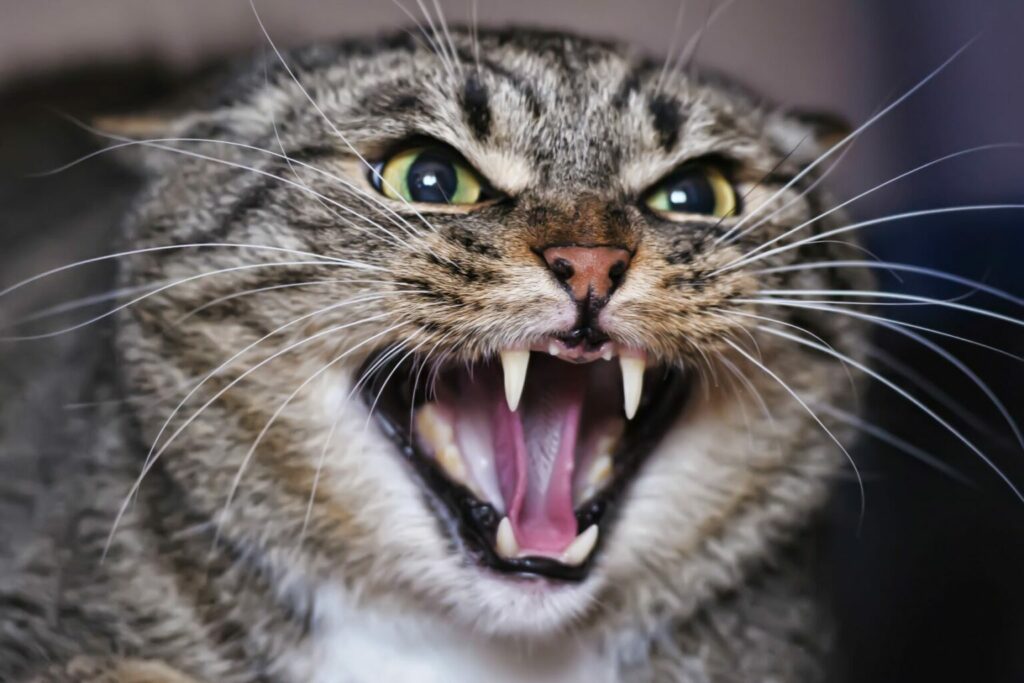

The severity of the wheezing will determine whether it will be a scheduled check up or an emergency visit. If your cat is continually wheezing or exhibiting any of the accompanying symptoms above, it’s important you consult with your veterinarian. Wheezing becomes more severe over a shorter period of time.Mild wheezing continues for a longer period of time.There is no hairball expelled and your cat continues to wheeze.Coughing or choking sounds accompany the wheezing.Seek your vet out immediately if you notice the following symptoms: To ensure you’re taking the precautions necessary to keep your cat healthy, pay attention to why your cat is wheezing or note other symptoms. Wheezing can be caused by a number of different issues, some less concerning than others. When Should You Be Concerned About Your Cat’s Wheezing? HARD is a serious health concern and can progressively get worse over time, so watch for behaviours like lethargy, lack of appetite, wheezing, or coughing and consult your veterinarian. These creatures cause a condition called Heartworm Associated Respiratory Disease (HARD) that can cause your cat to wheeze or cough.6 Heartworms are tiny parasites that make their home in the blood vessels of the lungs and heart. Cats and kittens can develop conditions like pneumonia and the most common symptoms are coughing, wheezing, and other signs of respiratory distress.5 7.

If your can has developed an upper respiratory infection (also known as cat flu), they may experience similar symptoms to the human cold. Unfamiliar guests, being in an unfamiliar place, loud and active children, and even sudden noises can trigger a stress response in your cat or kitten like panting or wheezing. Every cat has different triggers so it’s important to be aware of environments and activity around your cat that could potentially be triggering stress-related wheezing. StressĬats can feel stress just like humans, and can experience breathing issues like wheezing linked to their current situation and/or mental state. If you suspect your cat has a blockage causing breathing issues, take them to the vet immediately. Foreign ObjectsĪn object being stuck in your cat or kitten’s respiratory system can cause them to wheeze due to reduced airflow around the object.4 The severity of the wheezing depends on the severity of the blockage. Pay attention to what’s happening around your cat or kitten when a wheezing fit happens to help determine what they may be allergic to and effectively consult with your veterinarian about potential causes of the wheezing. Pollen, mold, even cigarette smoke can irritate your kitty’s airways causing wheezing among other symptoms. Just like humans, your cat or kitten can suffer from allergies. If you notice your cat keeps wheezing and no hairball is being produced, it could be a sign of a more serious issue, including a respiratory issue like asthma. Your cat or kitten will often make wheezing, retching, or gagging noises as well until the hairball is finally expelled. The wheezing sound can come when the hairball is on its way out of the esophagus. Wheezing sounds can also be a result of your cat trying to cough out built up hair that has made its way into their stomach. Learn more about the signs and symptoms of cat asthma 2.

AsthmaĪsthma is a surprisingly common condition in felines and other mammals and can be the cause of wheezing in your cat or kitten.1 Prolonged wheezing could mean that they’re having an asthma attack, so keep a close eye on them to see if it’s severe enough that they need medical intervention. Some common causes that can result in your cat wheezing include: 1. What is causing your cat to wheeze can range from mild irritation of the airways from allergies or dust they inhaled to serious, sometimes life-threatening, infections or blockages. In terms of posture, your cat may hunch their shoulders and stretch their neck to help elongate their airways. Heavy breathing could also be involved depending on the cause of the wheeze. It usually sounds like a huffing or whistling noise as they inhale or exhale or a slight rattling of the breath. Wheezing in cats sounds similar to wheezing in humans or similar to just before your cat coughs up a hairball. Wheezing differs from a coughing or choking sound, and can look different as well. Keep reading to learn why your cat could be wheezing, what causes a cat to wheeze, what to do if your cat is wheezing, and available treatments. If you notice your cat is wheezing and breathing heavy on a regular basis, it’s important to take note-it could indicate a health concern that needs to be addressed. Hearing your cat or kitten wheezing when they breathe can be distressing for both you and your cat. Get more information about the possible causes and treatments of feline breathing problems.


 0 kommentar(er)
0 kommentar(er)
